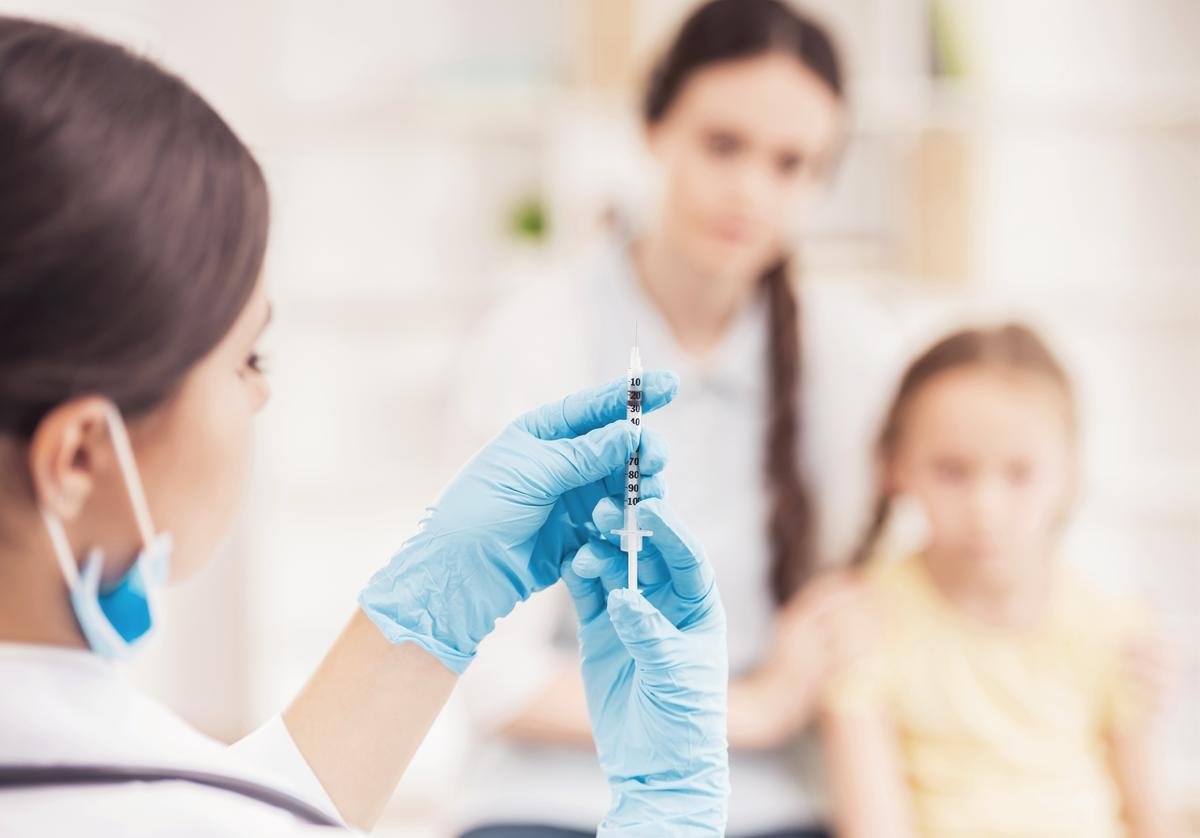
Friendships forged during a person’s turbulent teenage years lay the essential foundation for their happiness later in life, a new study suggests. Being broadly accepted by peers in early adolescence and forming close connections as an older teen both predict how well-adjusted a person will be in adulthood, researchers found. “Friendships during the teenage years… read on > read on >

















.jpg)












